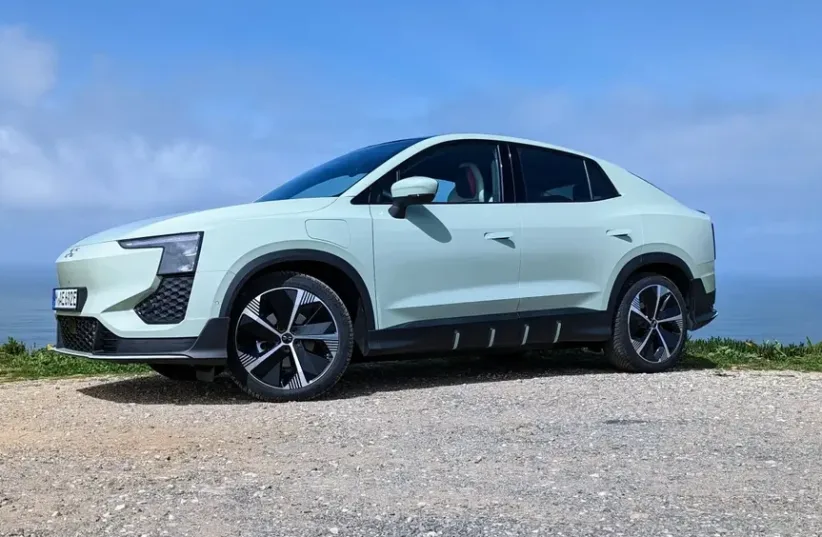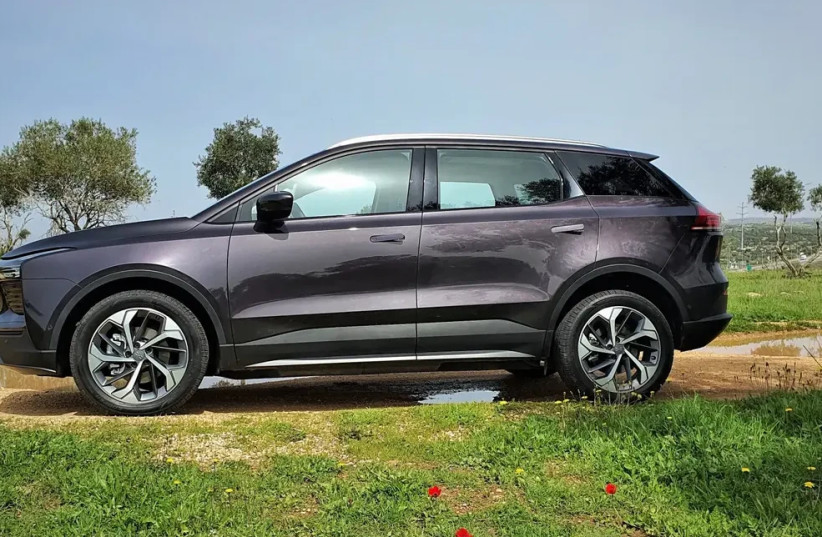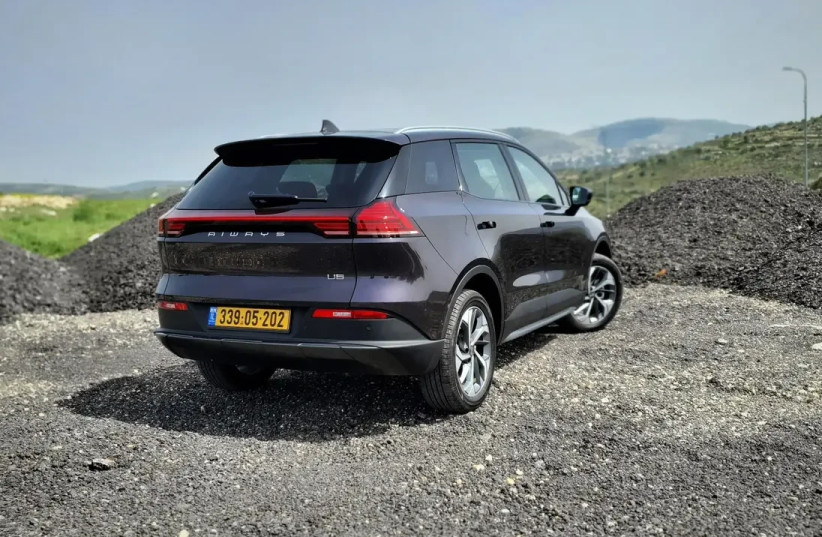More than half a year has passed since the Chinese car manufacturer Aiways announced the suspension of its production due to economic difficulties. The company continues to strive to secure funding to resume operations.
According to Reuters, in discussions regarding the required funding, the company proposes to investors to focus solely on exports, a sector in which the manufacturer has primarily operated since its establishment in 2017. This move will allow Aiways to capitalize on its initial penetration into European markets and avoid the price wars prevalent in the Chinese electric vehicle market, where over 80 small, medium, and large manufacturers are competing.
Aiways is owned by the telecommunications company Tencent, the ride-sharing company DIDI, and the battery manufacturer CATL.
At the time of the production halt and its potential revival, the manufacturer's lineup includes the U5 and the U6, two electric crossovers essentially based on the same platform. They differ mainly in exterior design, with the U6 adopting a more sporty look and featuring a different passenger compartment.
According to other reports, part of the raised funds will also be allocated to the development of a smaller and more affordable third model, priced at around €25,000, or roughly 150,000 shekels in Israel. This model could enter the emerging and growing market segment of relatively affordable electric crossovers. Currently, this segment is dominated by BYD Dolphin and Geely Geometry C in Israel, with intentions from European manufacturers like Skoda to enter.
In the Israeli market, the U5 has seen relatively successful entry, with around 2,100 units sold in two years, a notable figure for a relatively unknown Chinese electric manufacturer, operating under a new importer in the private car sector. Much of this success stemmed from establishing a high-level service network and a dedicated car application.
When the company faced difficulties about 10 months ago, there were over 1,000 orders that the importer, B.L.I. Group, had to inform customers it couldn't fulfill due to the production halt. Today, even if production resumes, the importer doesn't expect a renewal of imports to Israel, as it would be relatively limited. However, the resumption of production will increase the availability of spare parts for existing car owners, especially for vehicle components and passenger compartments.
B.L.I. Group is also the Israeli representative of CATL batteries used in the models. Additionally, preparations are underway for the import of another Chinese electric car brand, NETA, which is also currently delayed.


